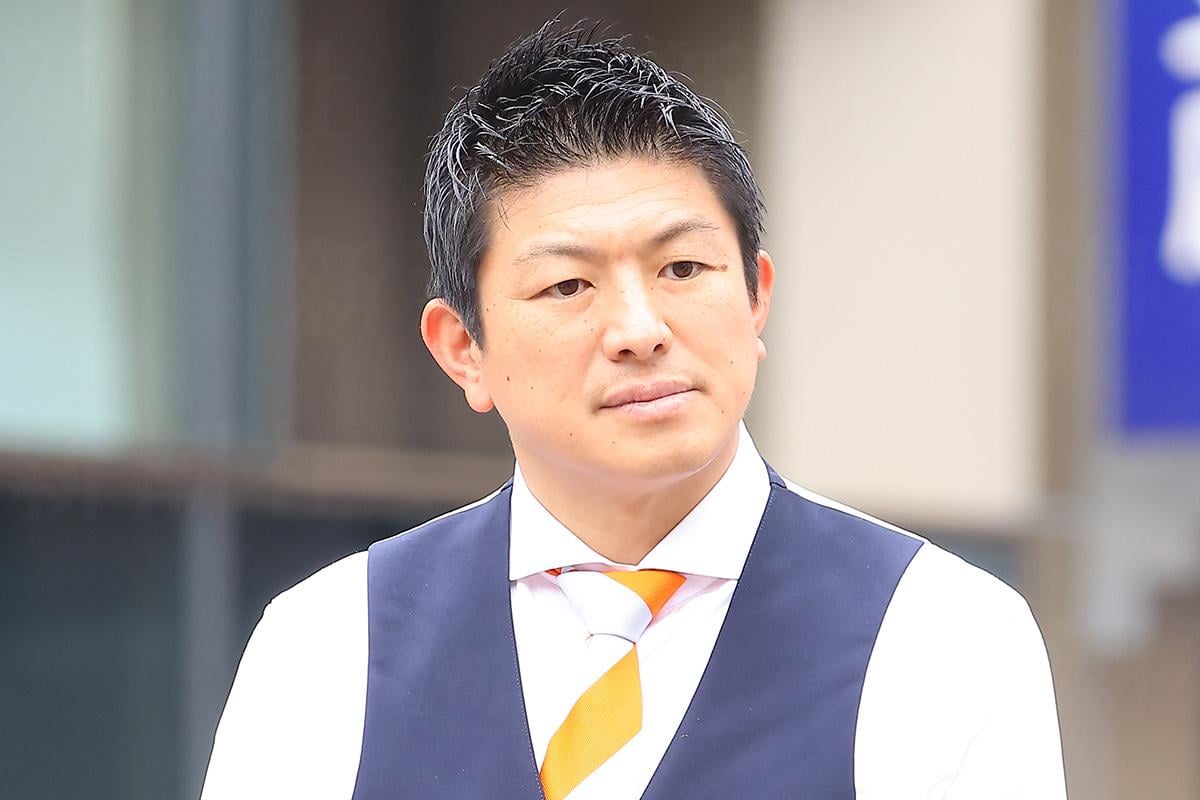
As Japan approaches the July 20 Upper House election, a Mainichi Shimbun article titled “Deciding Against a Third Child Despite a Household Income of 12 Million Yen” has resonated widely on social media. The piece features a 50-year-old woman from the Kanto region, whose household income is in the top 10% at about 12 million yen. However, despite this high income, the article paints a picture of financial hardship, emphasizing how public support for child-rearing is often limited by income restrictions. After taxes and social welfare costs, her family’s net income drops to 8 million yen, leaving only around 200,000 yen for monthly expenses after paying for housing and children’s education.
She considered terminating her third pregnancy due to the financial strain but ultimately chose to keep the child. Although she doesn’t regret her decision, the economic pressure is substantial, with many on social media echoing similar struggles.
This financial strain has become a significant election issue, with some experts arguing that “financial hardship” better describes the current climate than the broader term “inflation.” Reports highlight the burden on households making between 8 to 15 million yen annually, who are struggling despite being considered high-income.
An economist noted that while big companies have managed to increase wages, these rises fail to keep up with taxes and social welfare costs, contributing to economic stress even among relatively high earners. Japan’s Engel’s coefficient—a measure of household spending on food—has reached a 43-year high, indicating more families are spending most of their income just on food. Coupled with rising taxes and social welfare costs, these financial burdens are pushing Japan into the ranks of top-tier poverty among developed nations.
In the upcoming election, traditional parties like the LDP, Komeito, and Constitutional Democratic Party have seemingly failed to introduce policies that resonate with the working-age population. In contrast, parties like the Democratic Party for the People, advocating a uniform 5% consumption tax, and the Sanseitō, proposing a gradual elimination of the consumption tax, are gaining traction. This growing support highlights the electorate’s demand for meaningful change amidst economic hardship. The next installment will examine why major parties struggle to appeal to younger voters and why Sanseitō is gaining support.
by MagazineKey4532
